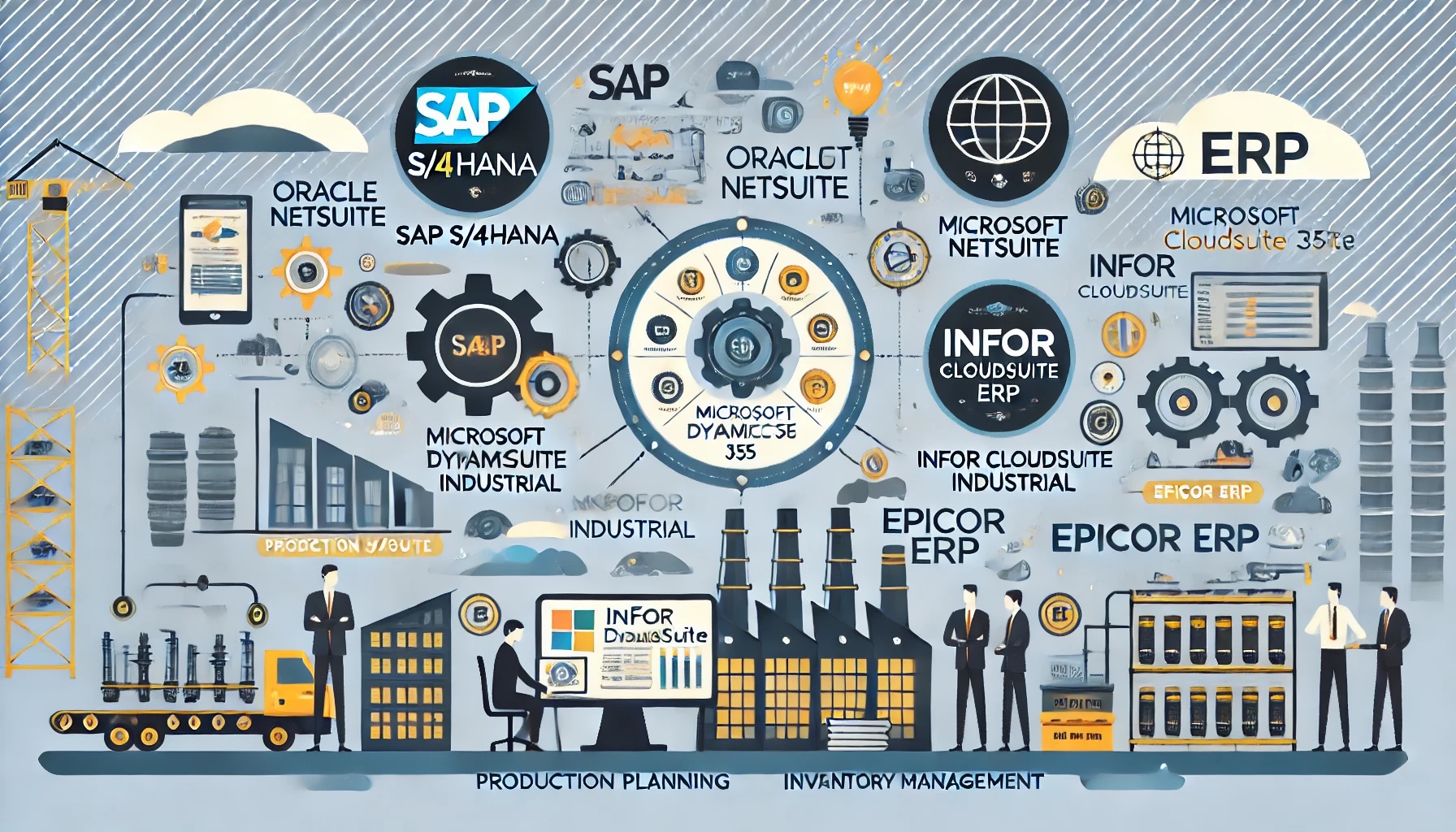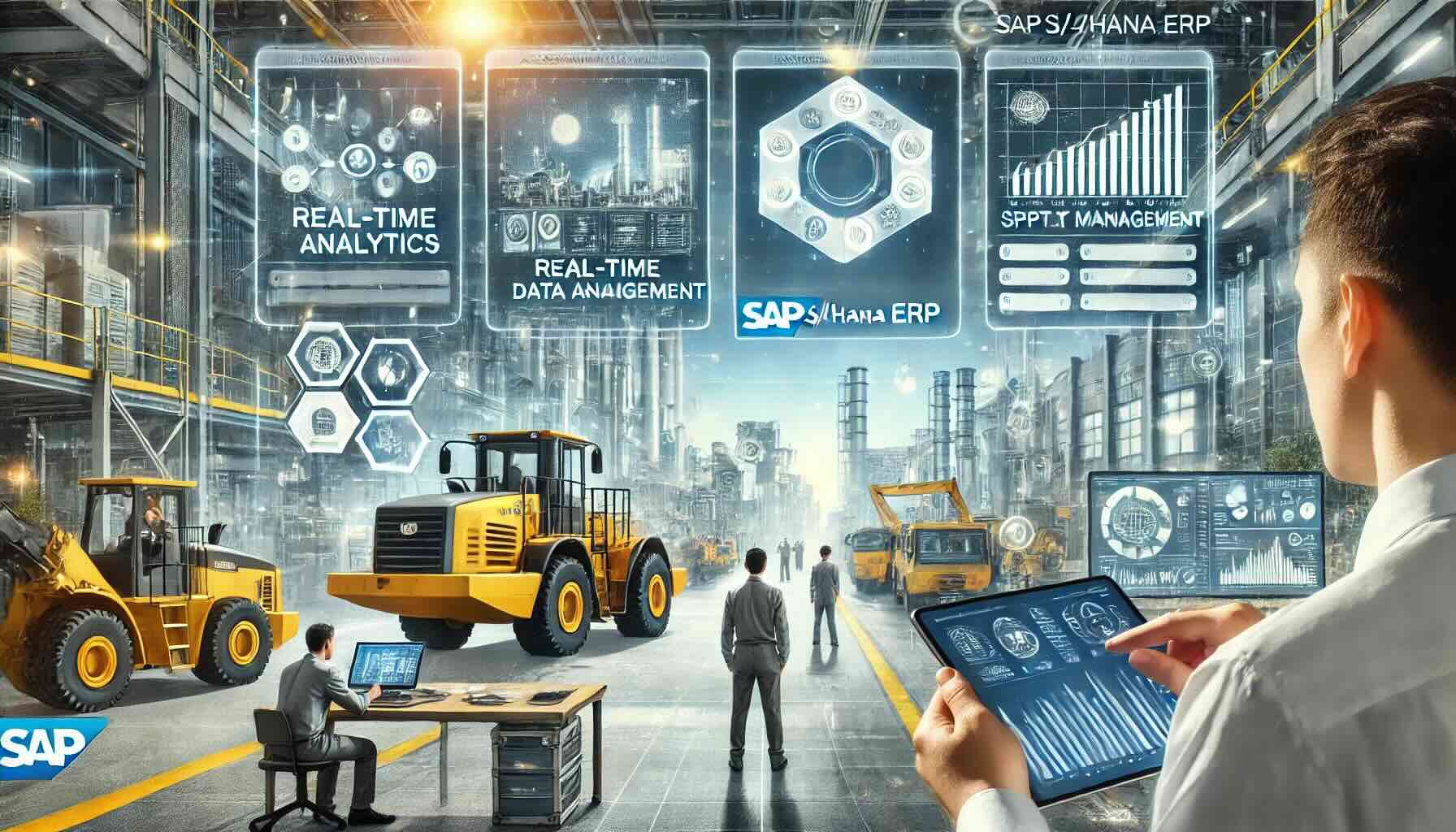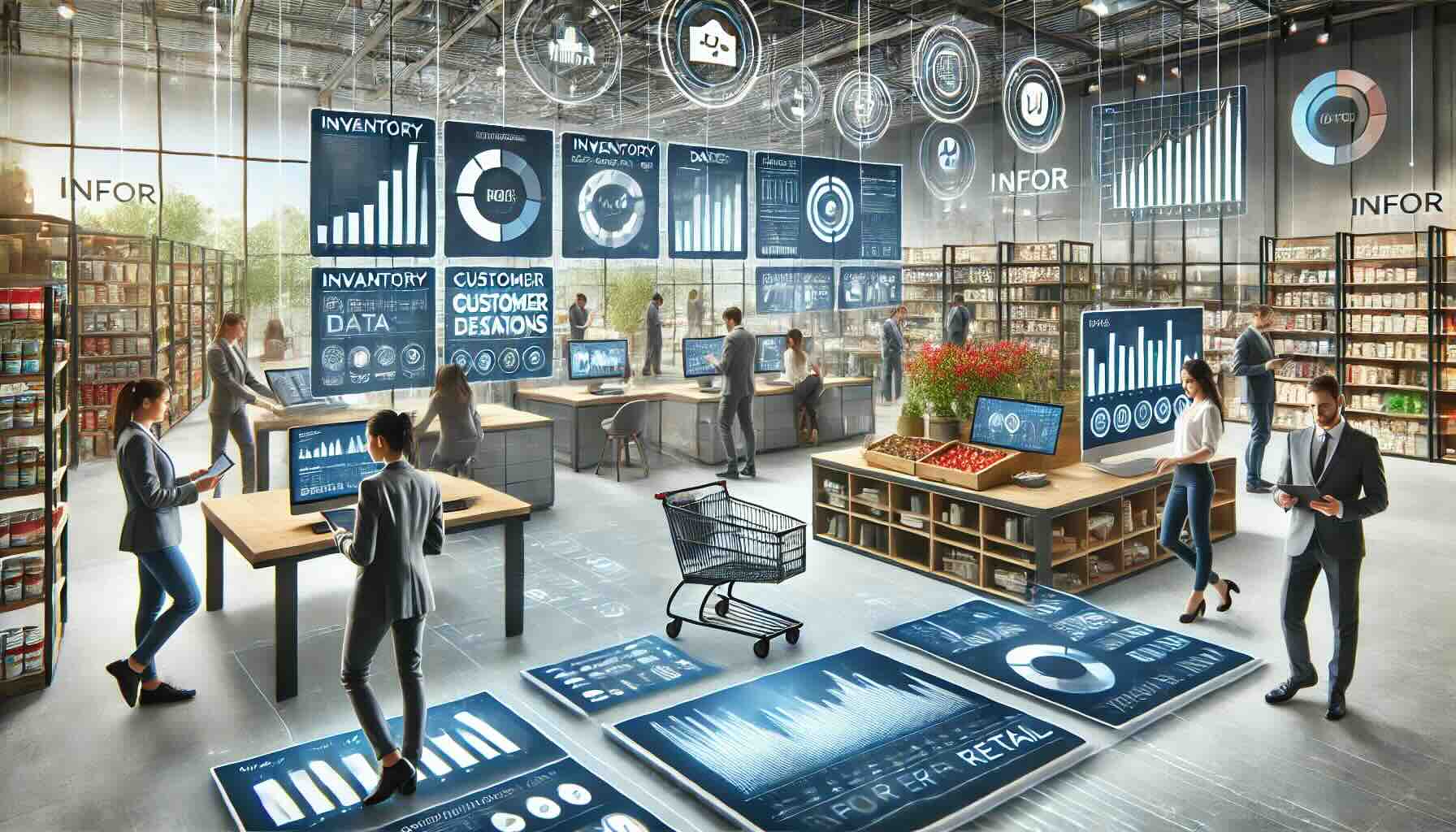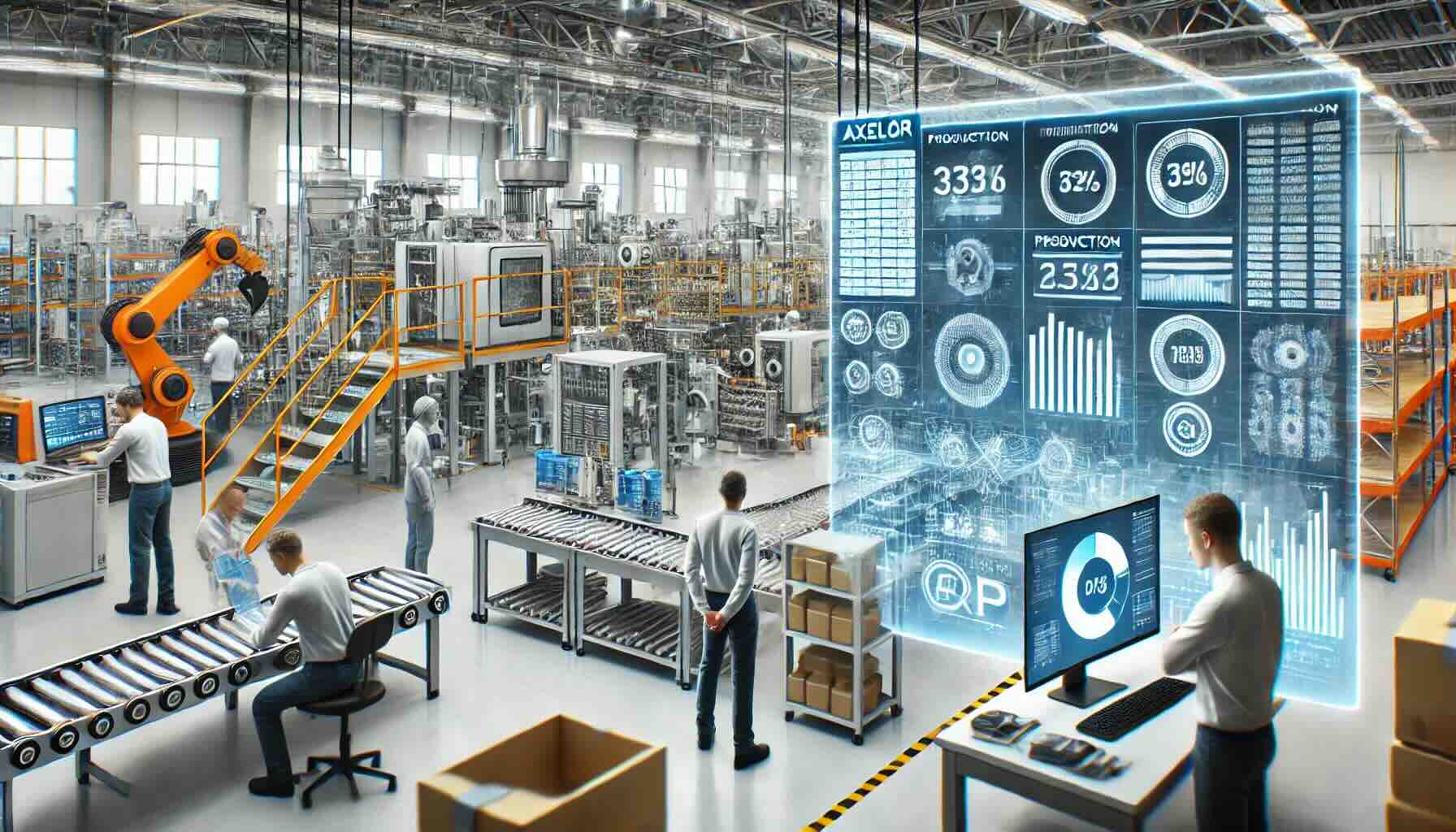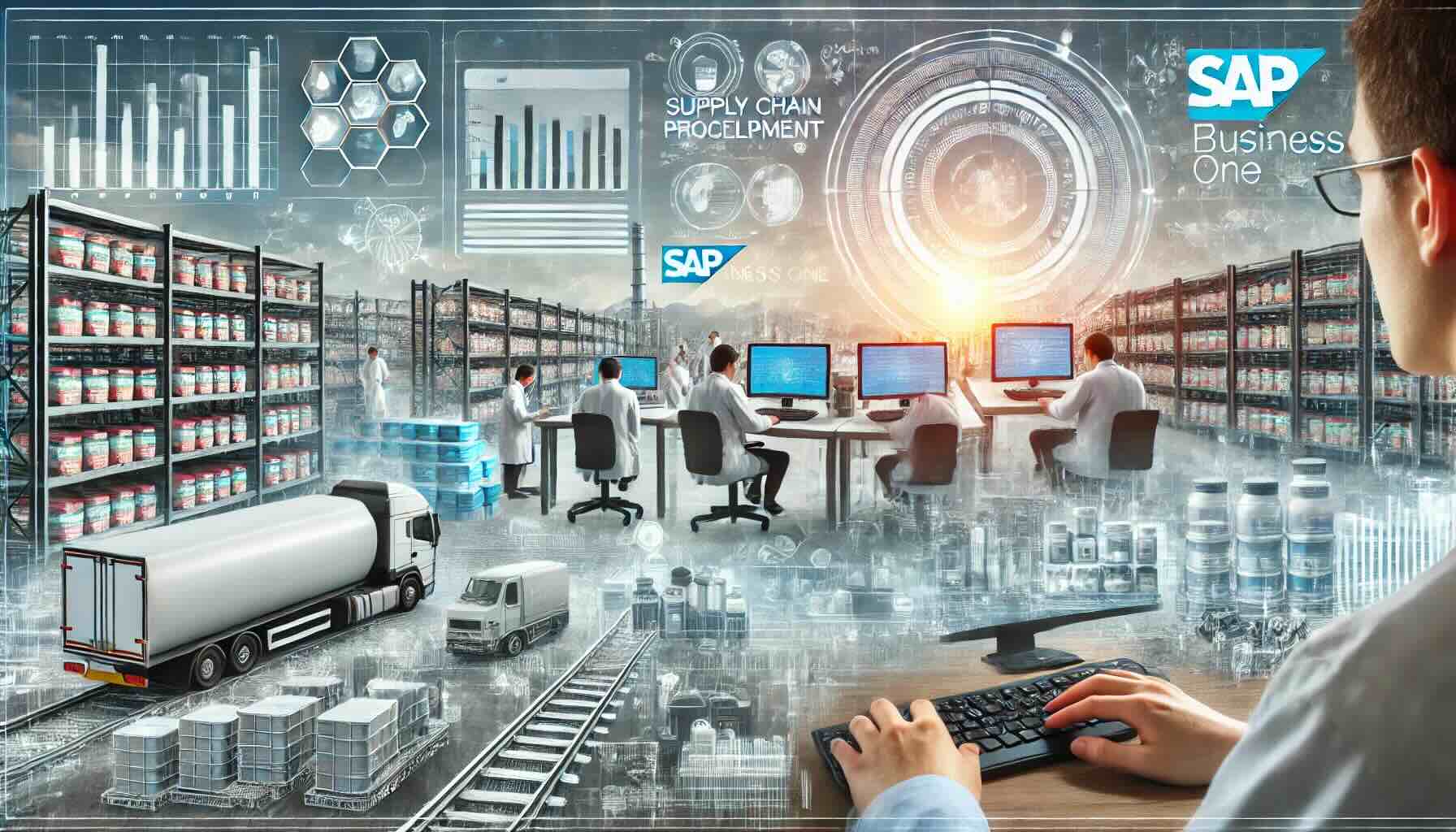ERP Systems for Distribution Businesses: A Comprehensive Guide
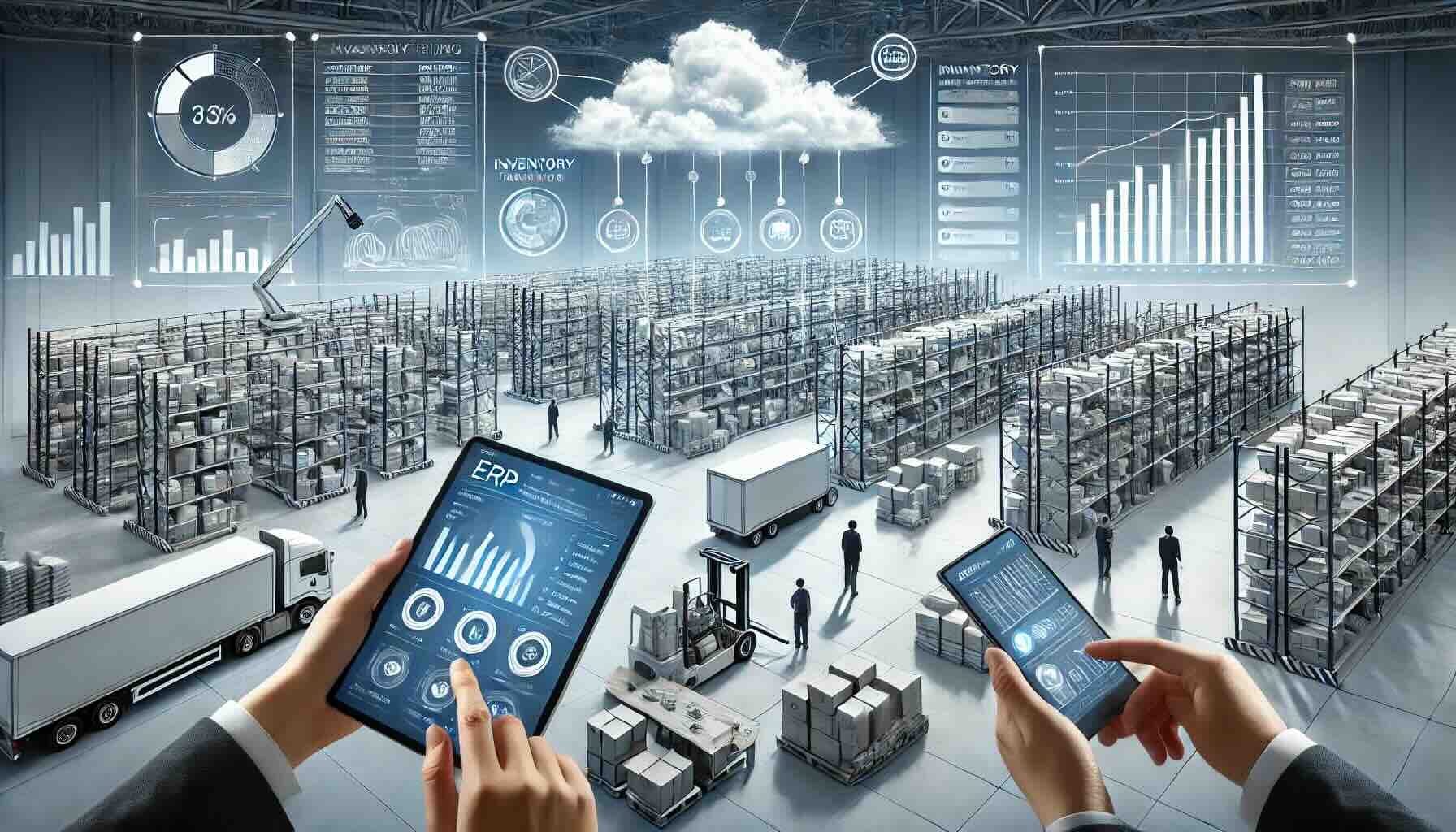
In today’s competitive and fast-paced market, distribution businesses face unique challenges, including managing inventory, optimizing supply chains, and ensuring efficient order fulfillment. Enterprise Resource Planning (ERP) systems for distribution are essential tools that streamline these operations, improve visibility, and drive growth.
This article explores how ERP systems cater to the specific needs of distribution businesses, with a detailed look at top solutions, their features, pros, and cons to help you make an informed decision.
What Are ERP Systems for Distribution Businesses?
ERP systems integrate core business functions into a centralized platform. For distribution businesses, ERP systems address critical areas such as:
- Inventory Management: Real-time stock tracking, automated replenishment, and demand forecasting.
- Order Management: Streamlined order workflows, pricing accuracy, and shipment tracking.
- Supply Chain Optimization: Enhanced visibility and supplier collaboration.
- Financial Management: Consolidated insights into revenue, expenses, and compliance.
- Customer Relationship Management (CRM): Tools for managing customer interactions and improving service quality.
Benefits of ERP Systems for Distribution Businesses
- Enhanced Operational Efficiency
Automation of repetitive tasks like order processing and inventory updates reduces errors and saves time, allowing staff to focus on strategic activities. - Improved Data Visibility
Centralized data fosters collaboration and enables better decision-making with real-time insights into inventory, finances, and supply chain performance. - Scalability
Modern ERP systems can scale to accommodate growth, supporting additional warehouses, larger product catalogs, and higher order volumes. - Regulatory Compliance
Built-in compliance tools simplify record-keeping, reporting, and auditing, reducing the risk of regulatory penalties. - Enhanced Customer Experience
ERP systems help businesses meet customer expectations by ensuring accurate order processing and timely deliveries.
Top ERP Systems for Distribution Businesses
Selecting the right ERP system depends on your business size, operational needs, and budget. Here’s an in-depth look at the top ERP systems for distribution businesses:
1. SAP Business One
Overview: Tailored for small to medium-sized businesses, SAP Business One offers robust inventory and financial management tools.
Key Features:
- Real-time inventory tracking.
- Automated financial reporting.
- Customizable dashboards and workflows.
Pros:
- Scalable for growing businesses.
- Strong analytics tools.
- On-premise and cloud deployment options.
Cons:
- High initial costs.
- Requires extensive training for implementation.
To find out more about SAP Business One you can visit this link.
2. NetSuite ERP
Overview: A cloud-based ERP solution for businesses of all sizes, offering advanced analytics and supply chain management.
Key Features:
- Real-time performance tracking.
- Integration with CRM and e-commerce systems.
- Comprehensive inventory management.
Pros:
- Scalable for multi-location operations.
- Minimal IT infrastructure requirements.
- Customizable dashboards.
Cons:
- High subscription costs.
- Time-consuming customization process.
To find out more about NetSuite you can visit this link.
3. Microsoft Dynamics 365 Business Central
Overview: Ideal for medium to large enterprises, this ERP system integrates seamlessly with Microsoft tools like Power BI and Office 365.
Key Features:
- Advanced financial management.
- AI-driven analytics.
- Integrated sales and marketing tools.
Pros:
- User-friendly interface for Microsoft users.
- Flexible deployment options (cloud, on-premise, hybrid).
- Strong business intelligence tools.
Cons:
- Customization can be expensive.
- Complex licensing structure.
To find out more about Microsoft Dynamics you can visit this link.
4. Epicor Prophet 21
Overview: Built specifically for distribution businesses, this ERP system excels in inventory and warehouse management.
Key Features:
- Multi-warehouse management tools.
- Support for complex pricing structures.
- Integrated e-commerce capabilities.
Pros:
- Industry-specific features.
- Scalable for growing businesses.
- Strong operational efficiency focus.
Cons:
- Limited integration options with non-Epicor systems.
- Higher implementation costs.
To find out more about Epicor you can visit this link.
5. Acumatica Cloud ERP
Overview: A modern cloud-native ERP system designed for small and mid-sized distribution businesses.
Key Features:
- Real-time inventory tracking.
- User-friendly dashboards.
- Flexible integration with third-party tools.
Pros:
- Intuitive interface.
- Affordable user-based pricing.
- Accessible from any device.
Cons:
- Lacks some advanced features for large enterprises.
- Requires third-party tools for specific functionalities.
To find out more about Acumatica Cloud you can visit this link.
6. Infor Distribution SX.e
Overview: A specialized ERP solution for complex distribution processes, offering powerful inventory and supply chain management tools.
Key Features:
- Demand forecasting and multi-warehouse management.
- Real-time analytics and KPI tracking.
- Integration with Infor’s broader software ecosystem.
Pros:
- Tailored to the distribution industry.
- Advanced supply chain optimization tools.
- Cloud and on-premise options.
Cons:
- High price point.
- Outdated user interface compared to competitors.
To find out more about Infor you can visit this link.
Factors to Consider When Choosing an ERP System
- Business Size and Complexity: Ensure the ERP system can handle your current operations and future growth.
- Deployment Type: Decide between cloud, on-premise, or hybrid solutions based on your IT infrastructure.
- Budget: Consider both upfront and ongoing costs, including licensing and training.
- Integration Needs: Choose a system that integrates well with your existing tools and platforms.
- Scalability: Look for systems that can support increased order volumes and additional locations.
Conclusion
ERP systems for distribution businesses provide essential tools for streamlining operations, improving visibility, and delivering exceptional customer experiences. While solutions like SAP Business One and Acumatica Cloud ERP cater to SMBs, larger enterprises may benefit from the scalability of Microsoft Dynamics 365 or NetSuite ERP.
Carefully evaluate your needs, involve stakeholders, and consider vendor demos to find the right ERP system for your business. With the right solution in place, your distribution business can optimize operations and achieve sustainable growth in today’s competitive landscape.
Ready to Transform Your Distribution Business?
Implementing the right ERP system could be the game-changer your business needs. With our AI-powered Compare ERP tool, you can effortlessly explore and compare solutions tailored to your unique business needs. It’s free to use, and you’ll receive a guaranteed discount on your first year’s license fees with a referral from Compare ERP. Take the first step toward streamlining your processes and boosting productivity and start comparing today!



